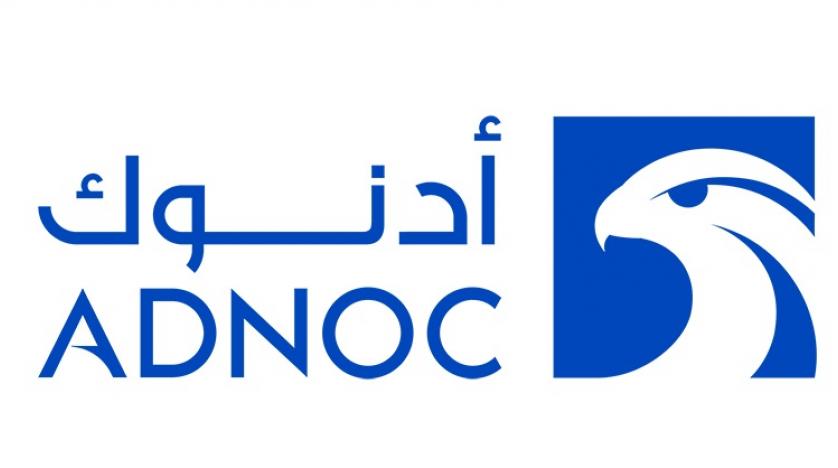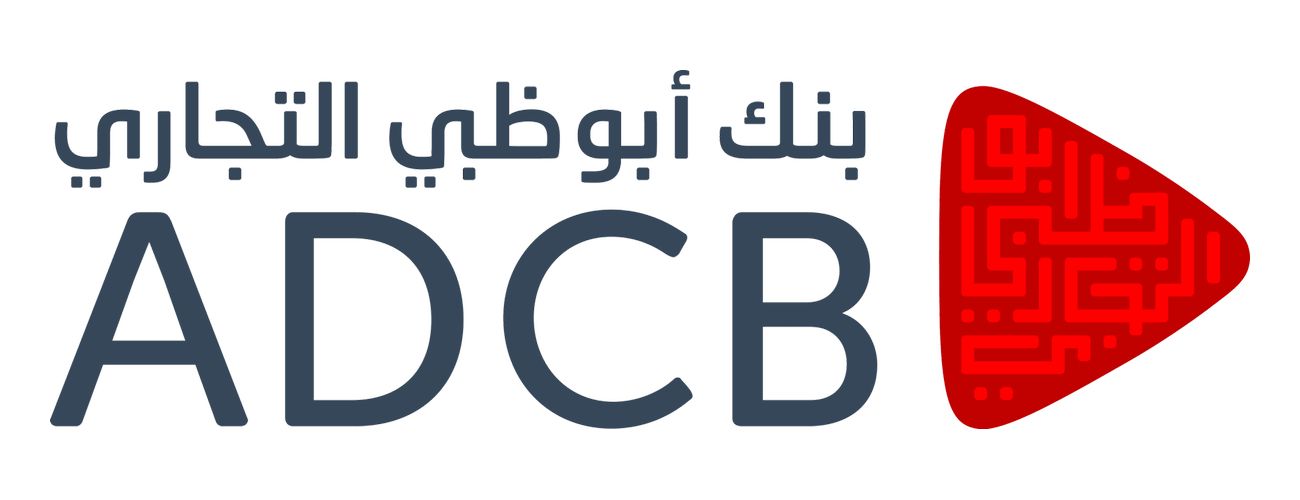
Team coaching is effective in setting a balanced tone for a group that is although working together, is out of sync or tune. A coach, through regular sessions, instills motivation in the team members; assists them in detecting the pain points and finding the solutions; fosters individual development; and strategize a collective objective while striving towards its fulfillment. But once that is done, what is the next step? The answer is laying the foundation of self-coaching teams.
After Coaching Ends, What Can Team Coach Do?
The formation of self-coaching teams is a systemic process laid down in multiple steps that we will discuss in the following paragraphs.
1. Prepare the Ground
There might be instances where the team members might start depending too much on the coach. This dependency is like poison to the whole coaching process and can unravel the progress made by the team at any moment. The way out is to create a timeline of the coaching process, like four meetings in a month. Another solution is to inform the team about the coaching objective before the coaching commencement, followed by frequent review sessions to ensure that the team is moving towards that objective of self-reliance and self-coaching.
2. Fostering the Attitude of Self-sufficiency
The attitude of self-sufficiency should be fostered in the team members from the very beginning of the process.
- How would you feel if you fulfill your objectives without the coaching support?
- How can you ensure a productive debate, discussion, and dialogue between the members whenever needed?
- What are your thoughts on self-coaching teams?
While the questions encourage the team to become self-sufficient, the answers reveal the progress to the coach.
3. Taking Ownership
Coaching is a collaborative process, a partnership between the coach and the team. The success and failure are to be shared between both entities. For the team to transform into self-coaching teams, the coach has to explain the coaching process:
- The overall approach of the sessions and to what effect;
- Highlighting the pros and cons, citing relevant examples;
- Coaching theory and psychology;
- What and when it works and when it doesn’t;
- Exploring the coaching process.
If required, the coach can also encourage the team to practice self-coaching.
4. Clarity the Resources on When to Get External Support
It is natural for the team to require external support and advice. The ability of self-coaching should not mean that it is above aid. However, the team needs to be aware of the resources, ways to use the resources, and the results of using those resources. Once the team has achieved that, they can self-coach.
5. What is the Ultimate Goal?
Self-sufficiency of teams requires motivation, the right set of skills, and a cohesive work environment where coaching techniques can be applied without resistance towards a cumulative objective that benefits the team, its members, and the organization.
Conclusion
The journey towards a self-coaching team starts with effective team coaching by a credentialed professional. Team Transformation is a leading global organization and training institute that works with corporate entities driving positive transformation. You can get all details regarding their approach and services here. Leverage the coach skills of a professional to foster organizational growth and success to healthy team transformation.









































